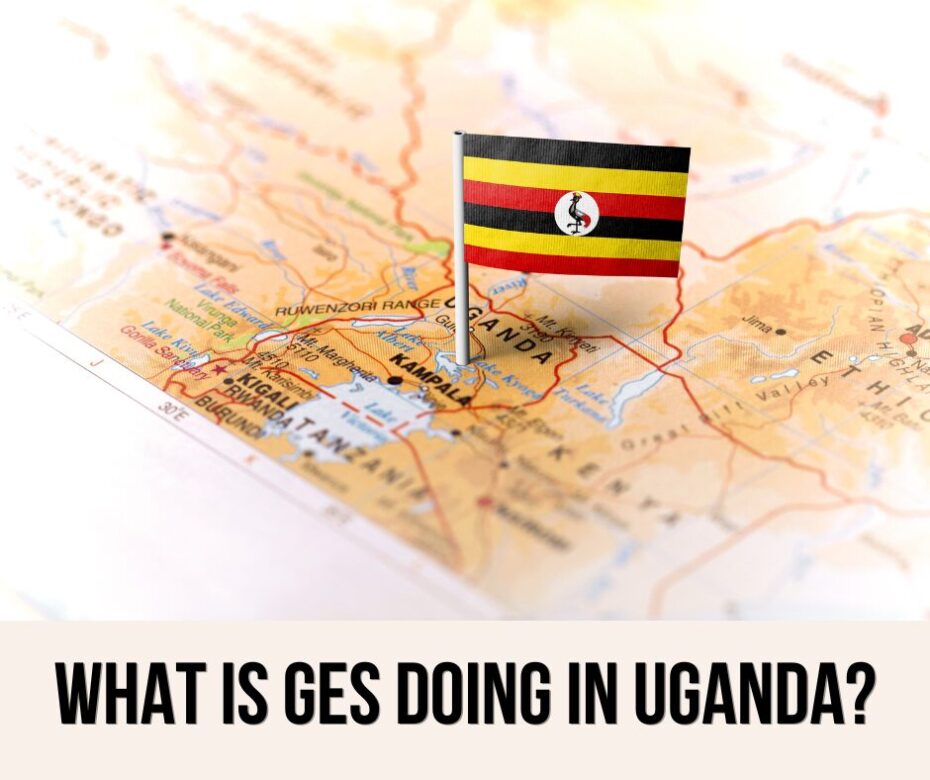Over the last nine years, GES has partnered with a few ministries in Africa, including ones in Zambia and Kenya. However, this year we are excited to be spreading our outreach in Africa to the country of Uganda. In June, I will be flying out to Uganda to work with a special needs orphanage for two weeks. This blog serves as a mission update to share our plans and hopefully provide our readers with an insight into our work overseas.
The orphanage houses over fifty special needs children, ranging in severity of needs. It also has a staff of over seventy members, including nurses and individual aides for each child. GES got in contact with the orphanage via the Ritchie family in Boise, Idaho. The Ritchies have been long-time supporters of GES and have also been working with this orphanage for several years. Due to their connections with the orphanage, the Ritchie family asked if GES would be willing to send a teacher with them this year to help train the staff.
I will be leading daily seminars for the teachers and staff at the orphanage, discussing topics such as eternal security, and the importance of the doctrine of rewards and suffering in the life of believers. I will also be taking copies of the book Elisabeth: Christ’s Medal of Honor Recipient to give out to the staff. This book centers around the doctrine of rewards and suffering through the life of my sister, Elisabeth, who lived with cerebral palsy until her death in July of 2020. We are excited to see how the Lord continues to use her story to share the message of grace and rewards around the world.
While this is GES’s first time in Uganda, we have been told that there are many spiritual and theological issues in this region, similar to what we have experienced in Zambia and Kenya. First, the prevailing view in Africa is that believers can lose eternal life. Most of the churches and Christian communities live under constant fear that they will end up in the lake of fire due to sin. Church leaders perpetuate this teaching, often as a way to control their congregations and keep attendance and giving up. In addition, African religions and beliefs are often rooted in ancestral worship and animism (the belief that spirits can inhabit objects). Culturally, they are very superstitious and are notorious for participating in supposed witchcraft. Charlatans posing as witch doctors are hired to curse or bless people and are believed to have special powers. For example, if you are angry with your neighbor, you can hire a witch doctor to curse their home. Therefore, when bad things happen to families or people, they are often attributed to a curse. These superstitions overflow into the church. Sadly, many people in the church believe that if they get sick or lose their job, this is due to a demon possessing them, or to an attack from Satan. Much like the witch doctors, church leaders then offer to perform exorcisms or to pray for healing, in exchange for money. The result is that the people who do convert to Christianity fall back into the same kind of behavior they sought to escape.
Of course, all of this impacts how those with special needs are viewed in Africa. Most of the children at the orphanage were abandoned by parents who were too ashamed to keep their kids. There is a cultural stigma associated with having a sick child. Even among the churches, to have a special needs child is seen as punishment due to some unspoken sin. Even those working at the orphanage have expressed similar beliefs. In light of these issues, it is my goal to clarify the saving message of eternal life as a free gift that cannot be lost, as well as to address the Biblical perspective of suffering. In light of rewards, we can count it all joy when we go through various trials (1 Pet 1:6).
Prayers would be appreciated for safe travel, the team’s endurance, and most importantly that the staff will be open to the teachings of grace. We could not do any of this without the help of our gracious supporters, for which we are incredibly grateful. Thank you to all who support GES and pray for this ministry.

